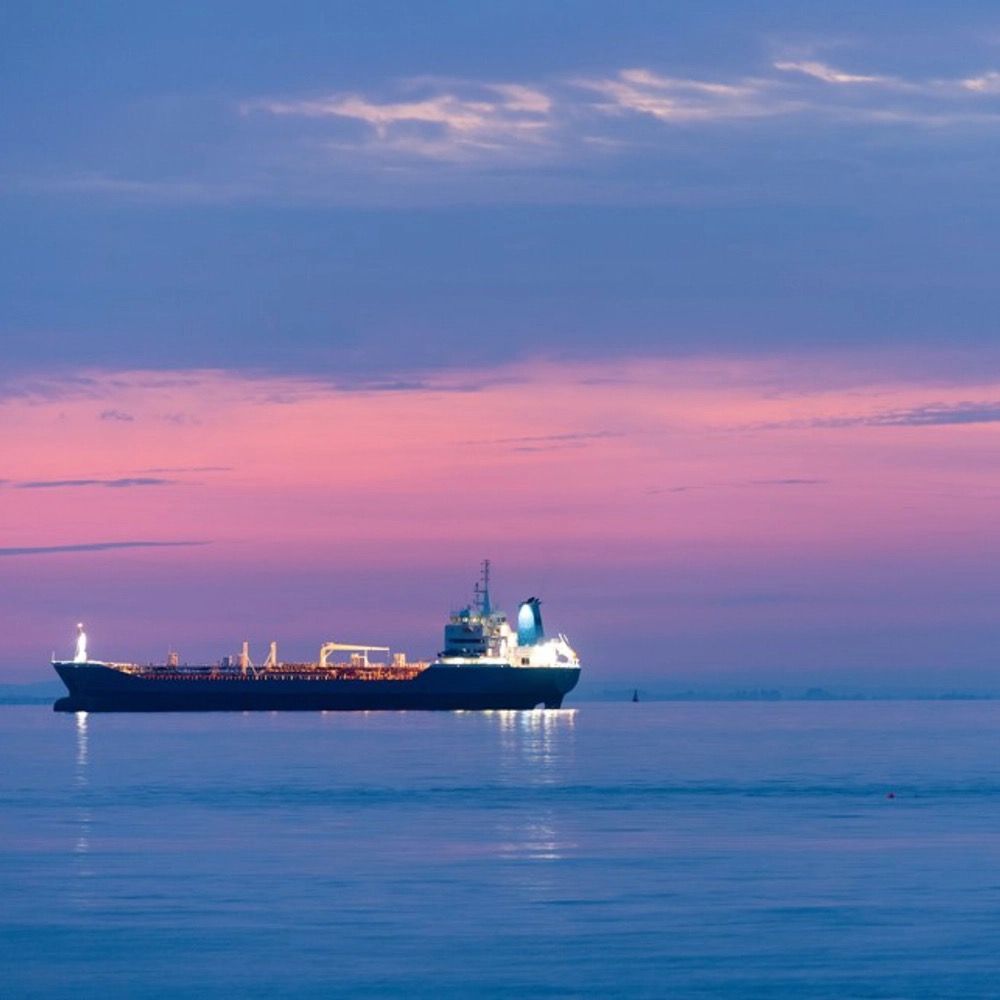Regulatory Updates
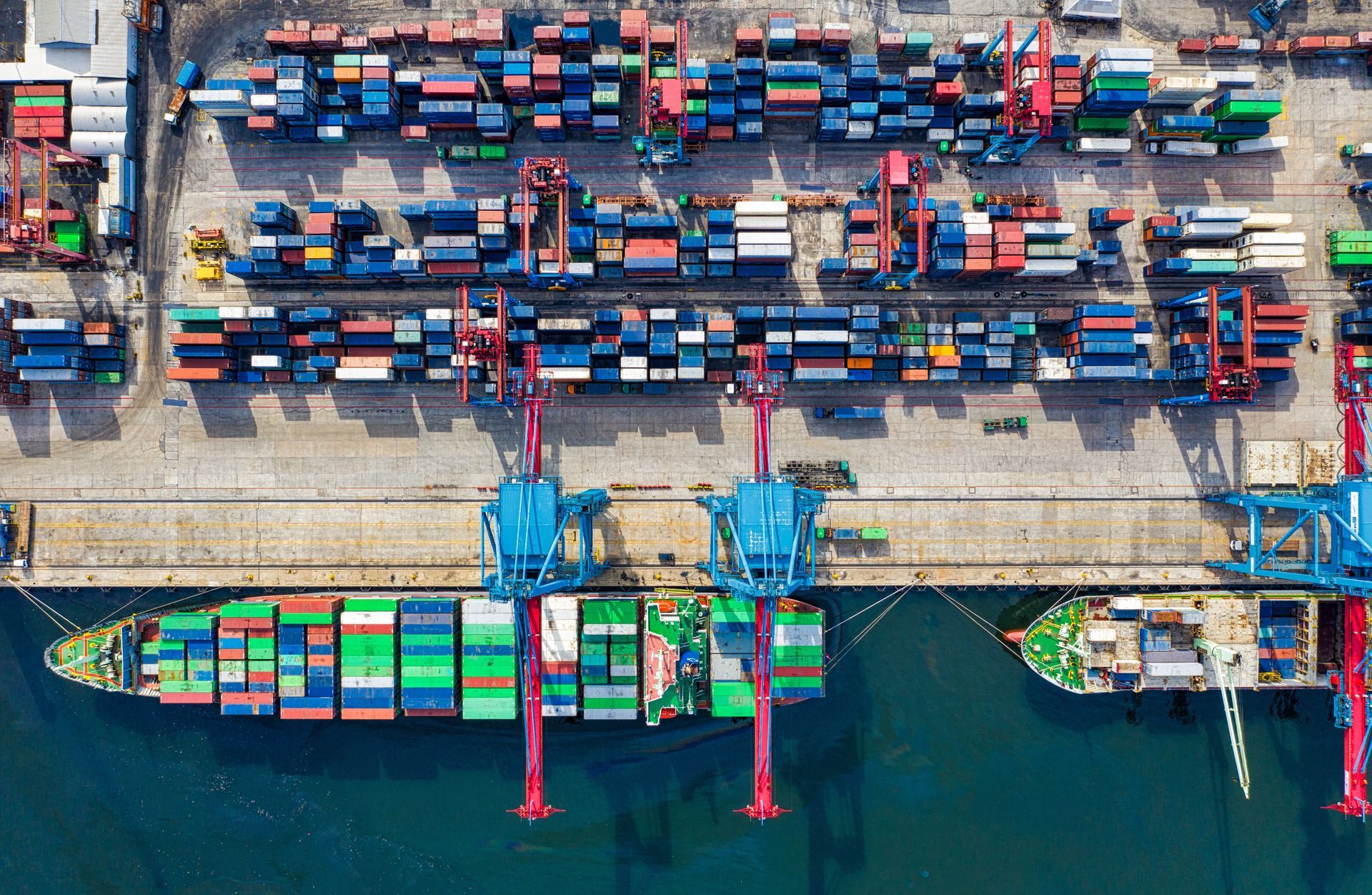
Most recent advancements in technology have made possible the digitization and automation of several processes and operations within the maritime sector, leading to the emergence of several innovative solutions, enabling more efficient and accurate operations, increasing safety, saving money, and contributing to a more sustainable environment.
Among all digital technologies developed and implemented in the sector in recent years -such as 5G networks, Internet of Things (IoT), immersive reality, and blockchains- the use of Artificial Intelligence (AI) has rapidly gained traction due to the numerous advantages that it offers. This new technology based on machine learning algorithms is constantly improving and becoming more widely adopted. Nevertheless, this vertiginous development of AI comes with several challenges and concerns that need to be addressed.
The deployment of AI in the maritime sector has witnessed a steady rise in recent years, and it still has great potential. Throughout this article, we will
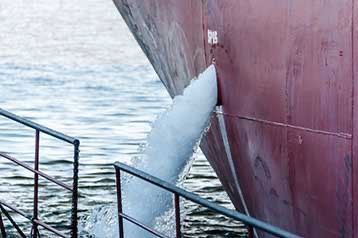
Starting in 2025, two IMO resolutions come into effect specifying a new format for the ballast water record book (BWRB) and mandating approval of electronic BWRBs when replacing hard copy versions on board vessels. More about these new requirements for ballast water record-keeping and reporting in this statutory news.
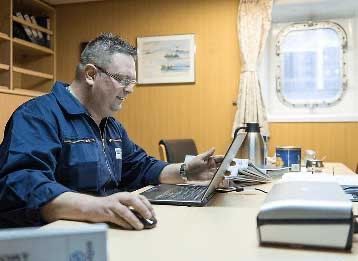
According to the SEEMP Part III, companies must ensure that affected vessels meet the energy efficiency targets set by the IMO. This will be accomplished through a Ship Energy Efficiency Management Plan (SEEMP) which is subject to company audits, as per MARPOL Annex VI Reg. 26. This statutory news provides practical recommendations on how to deal with SEEMP company audits.
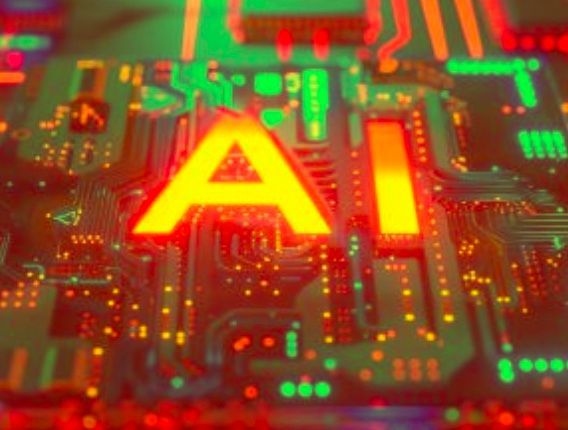
From predictive maintenance to autonomous navigation, the report showcases real-world case studies and highlights the significant growth and investment in AI solutions. It also provides an in-depth analysis of market trends, key players, and the factors driving AI adoption in shipping. It offers valuable insights for stakeholders looking to leverage AI for competitive advantage.
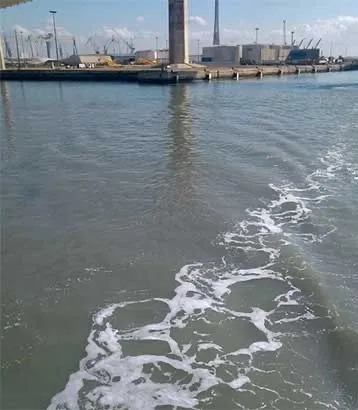
At its 81st meeting in March 2024, the IMO MEPC adopted Resolution MEPC.387(81), with interim guidance for ships operating in challenging water quality conditions, and Circular BWM.2/Circ.82, with guidance on the temporary storage of treated sewage and/or grey water in ballast water tanks. This statutory news summarizes these topics, including how to re-approve an amended BWMP.
